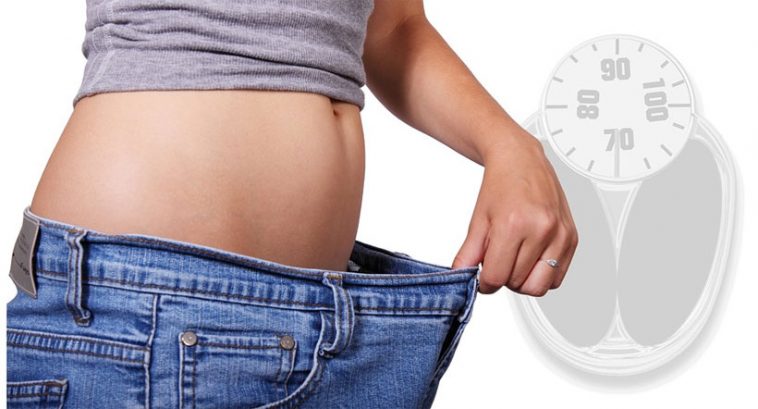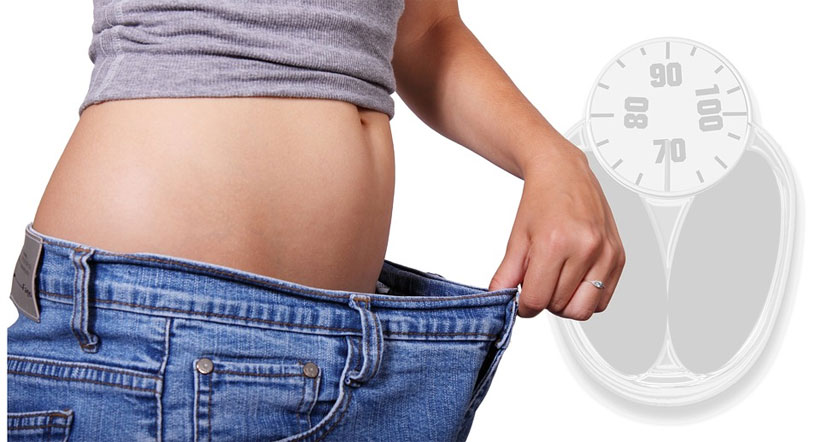- Like
- SHARE
- Digg
- Del
- Tumblr
- VKontakte
- Flattr
- Buffer
- Love This
- Save
- Odnoklassniki
- Meneame
- Blogger
- Amazon
- Yahoo Mail
- Gmail
- AOL
- Newsvine
- HackerNews
- Evernote
- MySpace
- Mail.ru
- Viadeo
- Line
- Comments
- Yummly
- SMS
- Viber
- Telegram
- JOIN
- Skype
- Facebook Messenger
- Kakao
- LiveJournal
- Yammer
- Edgar
- Fintel
- Mix
- Instapaper
- Copy Link
#1. You Need A Diet That Is Well Balanced
Some people who go on diets starve themselves. There are some people out there who try to go on severely restricted diets in which they only consume certain types of food or, in some cases, only one type of food. People starve themselves and go on radical diets with the idea in mind that that these are the quickest, easiest, most practical and most sensible ways of losing weight. In the short term, they may appear to work. However, such diets are destined to fail because they are not well balanced.
The human body needs a variety of vitamins, fats, proteins, sugars and amino acids. If you only eat one type of food, you will eventually deprive your body of all of the nutrients that that one type of food does not have. Most fad diets fail because they involve practices that lead to nutrient deprivation if followed over the long term. People should not be following fad diets. Instead, they should make themselves accustomed to eating well-rounded, filling, healthy, sustainable diets that can be followed for a lifetime. If a person adheres to a fad diet, he/she may lose weight quickly, but then revert back to an old diet that leads to weight gain. If the person keeps following the fad diet for a long period of time, he/she may find that his/her body is forming health problems.
If you only eat lettuce and nothing else, you are going to deprive your body of everything that is not found in lettuce. On the other hand, if you add that lettuce to a more well balanced meal, such as a tuna sandwich with whole wheat bread and tomatoes, your body will not be deprived of nutrients—or at least not nearly as deprived of nutrients as if you were to only eat lettuce. Another good example would be fat. The human body actually needs a certain level of fat to be healthy. The word “fat” carries a negative stigma, and people frequently think that it is something to avoid like the plague—as opposed to being something that the body needs in small amounts. People who try to completely avoid fat are hurting themselves.
#2. Your Body is Different
When going on a diet, consider the fact that each person’s body is different. Some people are better able to utilize nutrients and/or burn calories better than other people. This has a lot to do with genetics, hormones, level of physical activity and other factors. Something else to consider is the fact that everyone’s health and abilities are different. It may be a good idea to seek out the help of a professional who can help you to make a diet plan that is specifically suited to your body and abilities.
#3. You Need To Exercise
If you think that you don’t have to exercise while going on a diet, think again. Exercise is very important when it comes to being on a diet. Physical activities burn calories and generally lead to better health. They lead to toned bodies, strong muscles and strong bones. When it comes to muscles and bones, the “use it or lose it” adage is true. Muscles become stronger when used, and muscle use stimulates bone growth. You don’t need to be the best athlete in the world; you just have to find the physical activities that are right for you. They can be as simple as walking or tai chi.
#4. Too Much of A Good Thing Is Bad
There are many nutrients that are known for being healthy. However, just because something is known to be “healthy,” that doesn’t mean that it is not harmful in large amounts. For example, vitamin A is generally thought to be good for one’s health. However, the body does not need a relatively large amount of vitamin A, and vitamin A stays in the human body for a long time because it is fat soluble. In large quantities, vitamin A can be bad for a person’s health. Having too much vitamin A in your body is known as vitamin A toxicity, as well as hypervitaminosis A. This condition can lead to pressure on the brain and liver damage. It can happen acutely after consuming too much vitamin A in a matter of hours and/or days. Chronic vitamin A toxicity is a result of long-term consumption of too much vitamin A. This is just one of many examples of how too many “healthy” substances such as vitamins and minerals can wreak havoc if consumed in large amounts.
#5. You May Have To Change your Perspective
A change in diet can be a very profound, personal experience. This is because a person’s original diet may be something that he/he is comforted by, accustomed to and attached to. A change in diet may also mean changes to, or an avoidance of, foods that one associates with good memories, moments with friends and family members and/or perhaps one’s culture. It may hurt one’s ego to avoid certain foods and/or modify certain foods. If you need to eat a diet that hurts your ego or makes you feel sad, it is time to change your attitude. You may find that you have to question your beliefs about a lot of different things in life, and your entire perspective—not just your perspective on food—might change. Don’t fear this change. It is a part of personal growth.
The Bottom Line
Starting your diet with the considerations we’ve taken a look at today will help set you up for the greatest success. Remember, losing weight takes time like everything else worth striving for. A systematic approach to weight loss and consistency is key!
About Shannon Clark
Shannon holds a degree in Exercise Science and is a certified personal trainer and fitness writer with over 10 years of industry experience.


